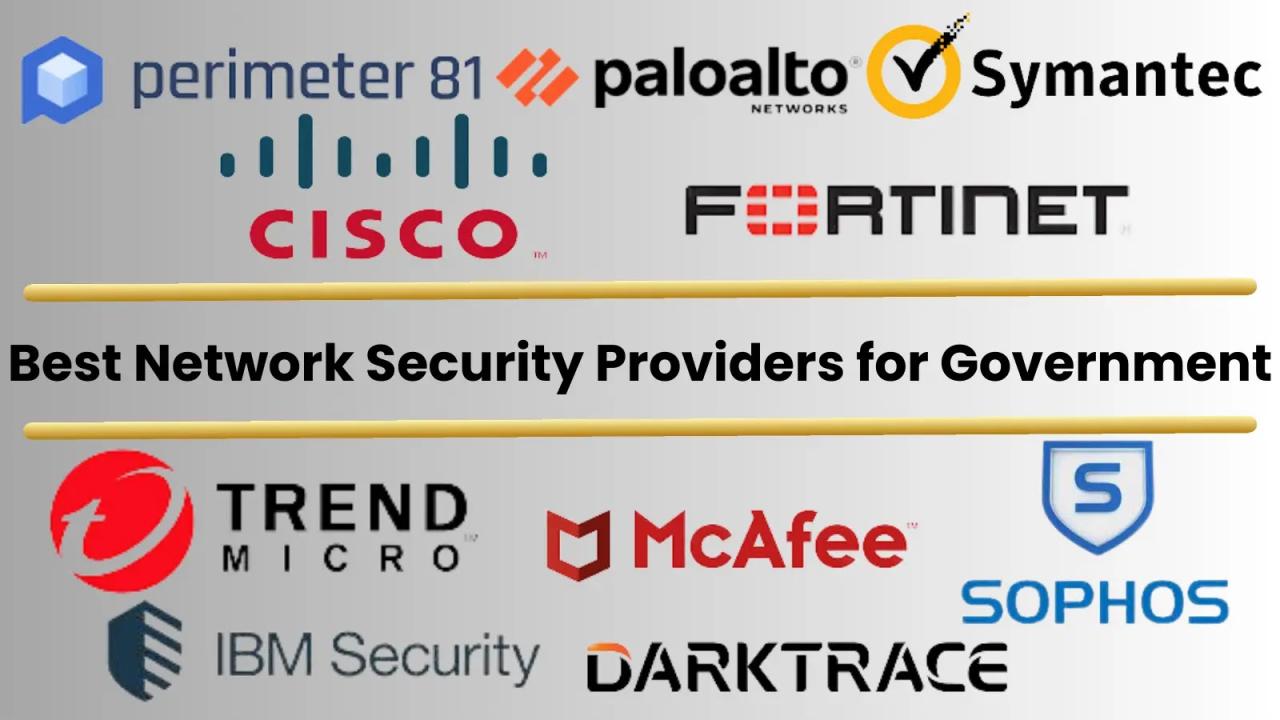In today’s interconnected world, a staggering amount of sensitive data zips across networks every second. But who stands guard against the digital threats lurking in the shadows, ready to exploit vulnerabilities and compromise our information? That’s where network security providers come in.
These specialized companies are the unsung heroes, offering a suite of services designed to protect businesses and individuals from cyberattacks, data breaches, and other online dangers. From firewalls and intrusion detection systems to vulnerability assessments and managed security services, they provide a crucial layer of defense in an increasingly hostile digital landscape.
This article will delve into the world of network security providers, exploring the key services they offer, the challenges they face, and how you can choose the right partner to safeguard your valuable data and ensure business continuity.
Prepare to unlock the secrets to fortifying your network and staying one step ahead of cybercriminals.
Choosing the Right Network Security Provider: A Comprehensive Guide
In today’s interconnected world, safeguarding your digital assets is non-negotiable. A robust network security posture isn’t optional; it’s a necessity. That’s where network security providers come into play.
They offer a variety of services to shield your systems from threats. Think of them as the digital bodyguards, constantly vigilant, protecting your data and infrastructure from harm.
But with countless options available, selecting the ideal partner can feel overwhelming. This guide helps navigate the landscape and make a well-informed decision.
We’ll explore essential aspects, from understanding your specific needs to evaluating providers’ capabilities. This knowledge will set you up for a successful partnership.
Understanding Your Network Security Needs
Before diving into provider options, take a moment to assess your own requirements. What are you hoping to protect, and from what kind of risk?
Consider the size and complexity of your network. A small business’s needs will differ drastically from those of a large enterprise. Do you have cloud infrastructure, on-premise servers, or both?
Identify your most critical assets, the data and systems that are crucial to your operations. Then consider compliance requirements; are there specific regulations you must adhere to (e.g., HIPAA, PCI DSS)?
Finally, evaluate your internal capabilities. Do you have an in-house security team, or will you be relying entirely on the provider for expertise? Addressing these questions is paramount.
This self-assessment provides a framework. It ensures that you choose a provider who can tailor their services to your business specifically. It’s a crucial first step.
Key Services Offered by Network Security Providers
Network security providers offer a range of services to tackle numerous threats. Knowing these options can help you pinpoint the ideal solution for your particular setup.
Managed Firewall: This includes configuration, maintenance, and monitoring of your firewall. The best also include proactive rule updating.
Intrusion Detection/Prevention Systems (IDS/IPS): These systems actively monitor network traffic for malicious activity. They’ll identify and block suspicious patterns.
Vulnerability Scanning and Penetration Testing: These assessments identify weaknesses in your network. They will proactively highlight problems before attackers can exploit them.
Security Information and Event Management (SIEM): SIEM tools collect and analyze security data from various sources. They will providing real-time insights into potential threats.
Endpoint Security: This encompasses antivirus, anti-malware, and endpoint detection and response (EDR) solutions. It protects individual devices connected to the network.
Data Loss Prevention (DLP): DLP solutions help prevent sensitive data from leaving your network. This avoids data breaches and leaks.
Evaluating Potential Providers

Once you know your needs, you can begin to evaluate potential providers. Consider these key factors to make an informed decision, and do your due diligence.
Experience and Expertise: Look for a provider with a proven track record in your industry. Consider their certifications and expertise in relevant security technologies.
Service Level Agreements (SLAs): Carefully review the SLAs to understand the provider’s guarantees. What’s their uptime guarantee and response time? What are the penalties for failure to meet these promises?
Technology and Innovation: Are they using cutting-edge technologies? Do they keep pace with the evolving threat landscape? Innovation is key in this area.
Scalability: Can the provider easily scale their services as your business grows? Make sure your security can scale as your company does.
Customer Support: Assess the provider’s customer support capabilities. Do they offer 24/7 support? What is their average response time to support requests?
Pricing and Value: Don’t solely focus on price. Consider the overall value proposition. What’s included in the service, and what are the hidden costs?
The Importance of Proactive Security Measures
Reactive security measures, while necessary, are no longer sufficient. Embrace proactive security to minimize risks and stay ahead of attackers.
Proactive security involves anticipating potential threats and taking steps to prevent them. This includes things like regular security audits.
It also involves implementing robust access controls and investing in employee security awareness training. Security should be part of the company culture.
Choose a provider that emphasizes proactive security. They should offer services like threat intelligence and risk assessments to help you stay ahead of the curve.
A proactive stance drastically reduces vulnerabilities. It also lowers the chance of successful attacks. It’s a far better position than reacting to them.
Making Your Final Decision
After thorough evaluation, narrow down your choices to a few top contenders. Then, request proposals from each. Conduct detailed interviews to discuss your specific needs and concerns.
Ask for references from current clients. Contact these references to learn about their experiences with the provider. This offers honest feedback.
Carefully review the proposed contract. Pay close attention to the terms and conditions, including termination clauses and liability limitations.
Finally, trust your gut. Choose a provider you feel confident in and that you believe will be a true partner in protecting your network.
By following these guidelines, you can select a network security provider who will help you safeguard your business for years to come.